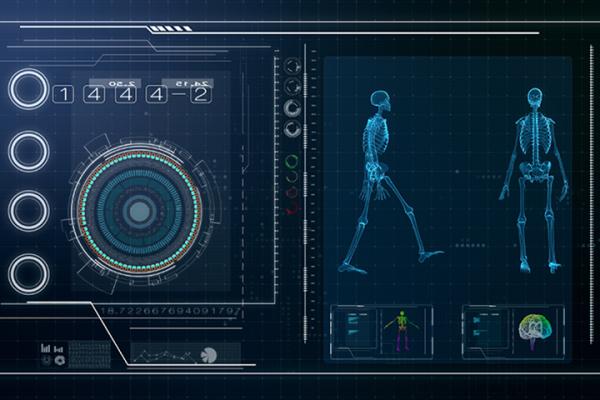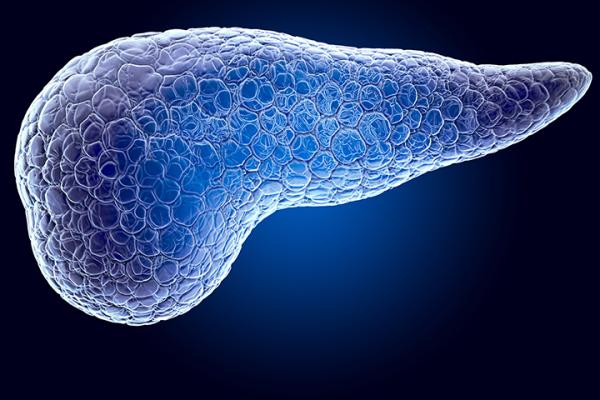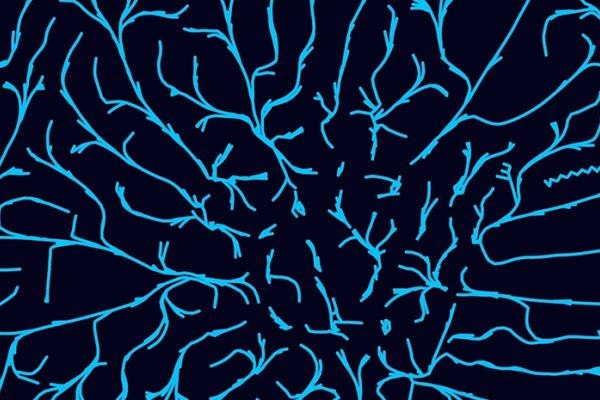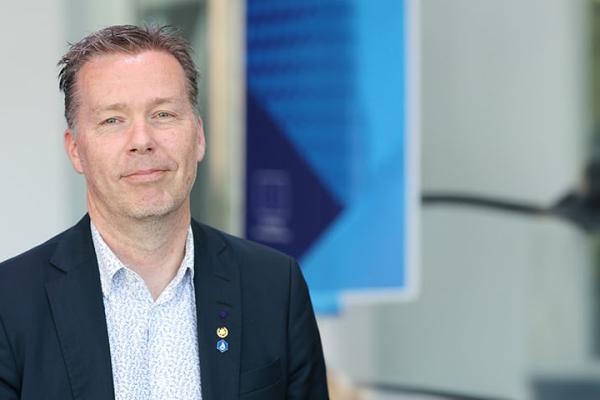Researchers, clinicians and patients are collaborating in an EU-wide alliance to advance understanding of rare diseases and speed up the development of new treatments.
Advanced brain-on-a-chip technology developed by EU-funded researchers helps make potential treatments for neurological diseases more effective.
EU-funded researchers are at the forefront of advancing a deeper understanding of the human brain and accelerating treatments for various neurological conditions.
The first moving images of a black hole could reveal swirls of plasma and collapsing stars, deepening our understanding of the universe.
EU-funded researchers are studying chemical processes in nature to develop new, cleaner means of chemical production and computers that can communicate with the human body.
A breakthrough in medical imaging is making it possible for EU-funded researchers to observe brain activity during movement and pick up the early signs of disorders that affect brain-to-body…
EU-funded researchers are expanding the possibilities of 3D printing to create miniature human organs and a variety of products made from living tissue, including food.
EU-funded researchers are using biological matter to create unique new materials that can adapt to their environment and repair themselves.
New treatments being developed by EU-funded researchers will improve both survival rates and the long-term health of babies born early.
Graphene has moved out of the laboratory and into the market thanks in no small part to the EU, according to Professor Patrik Johansson.














